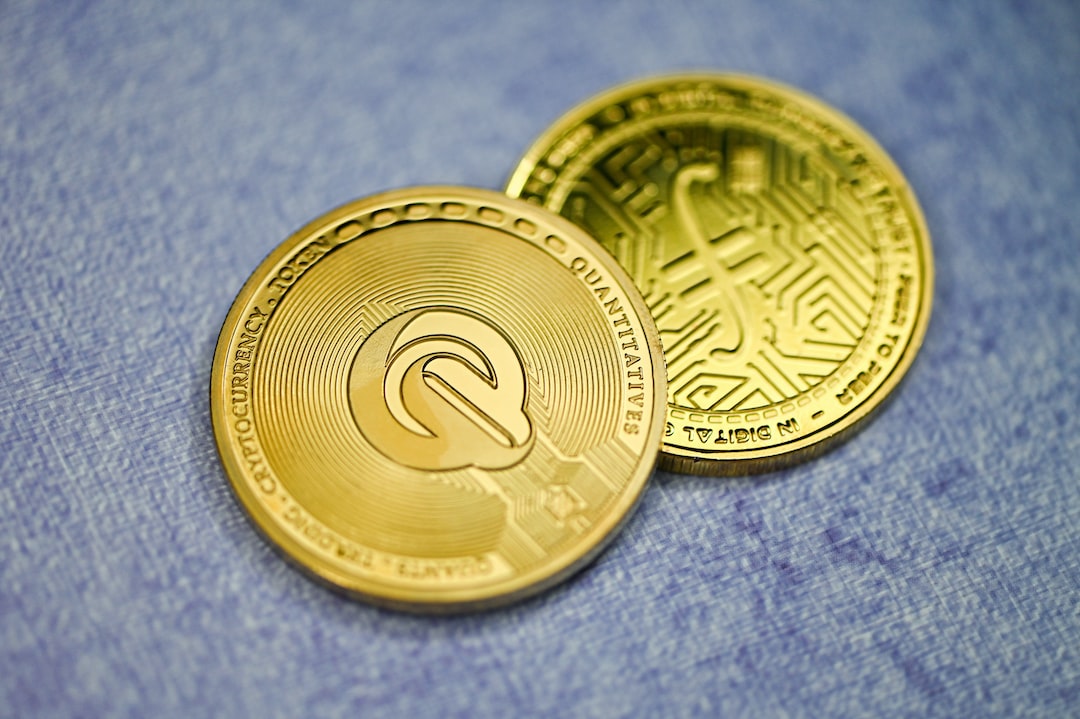Market orders are used by forex traders to buy or sell currency pairs at the current market price. However, sometimes traders may notice that their market orders are executed at prices that are much higher than the current market price. This can be a frustrating and confusing experience, especially for new traders who are not familiar with the mechanics of the forex market. In this article, we will explore the reasons why market orders can be executed at high prices in the forex market.
Liquidity
One of the main reasons why market orders can be executed at high prices in the forex market is due to liquidity issues. Liquidity refers to the level of trading activity and the ease of buying and selling a particular asset. In the forex market, liquidity can vary depending on the currency pair being traded and the time of day. Generally, major currency pairs such as EUR/USD and USD/JPY tend to be more liquid than minor or exotic currency pairs.
When there is a lack of liquidity in the market, it can result in slippage, which is when the execution price of a market order is different from the expected price. Slippage can occur when there are not enough buyers or sellers in the market to match an order, or when there is a sudden change in market conditions, such as news events or economic data releases. In these situations, the broker may execute the order at the next available price, which could be higher than the current market price.
Spread
Another factor that can affect the execution price of a market order is the spread. The spread is the difference between the bid and ask price of a currency pair and represents the cost of trading. Brokers make money by charging a spread on each trade, so the wider the spread, the more expensive it is to trade.
When a market order is executed, it is filled at the current ask price for a buy order or the current bid price for a sell order. If the spread is wide, the execution price of the order could be higher than the current market price. This is because the broker will buy the currency at the ask price and sell it to the trader at the bid price, which is higher. The wider the spread, the higher the execution price of the market order.
Slippage
Slippage is another factor that can cause market orders to be executed at high prices in the forex market. Slippage occurs when the price at which the order is filled is different from the expected price. This can happen when there is a sudden change in market conditions, such as news events or economic data releases, or when there are not enough buyers or sellers in the market to match the order.
Slippage can be positive or negative, depending on the direction of the trade. Positive slippage occurs when the execution price is better than the expected price, resulting in a lower entry price for a buy order or a higher exit price for a sell order. Negative slippage occurs when the execution price is worse than the expected price, resulting in a higher entry price for a buy order or a lower exit price for a sell order.
Conclusion
In conclusion, there are several factors that can cause market orders to be executed at high prices in the forex market. These include liquidity issues, wide spreads, and slippage. To minimize the risk of high execution prices, traders should choose currency pairs that are more liquid, trade during periods of high volatility, and use limit orders instead of market orders. Additionally, traders should always monitor their trades closely and be prepared to adjust their strategies in response to changing market conditions.






